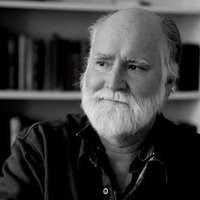High Explosive for Everyone
Madrid, 1937:
Then for a moment it stops. An old woman, with a shawl over her shoulders, holding a terrified thin little boy by the hand, runs out into the square. You know what she is thinking: she is thinking she must get the child home, you are always safer in your own place, with the things you know. Somehow you do not believe you can get killed when you are sitting in your own parlor, you never think that. She is in the middle of the square when the next one comes.















